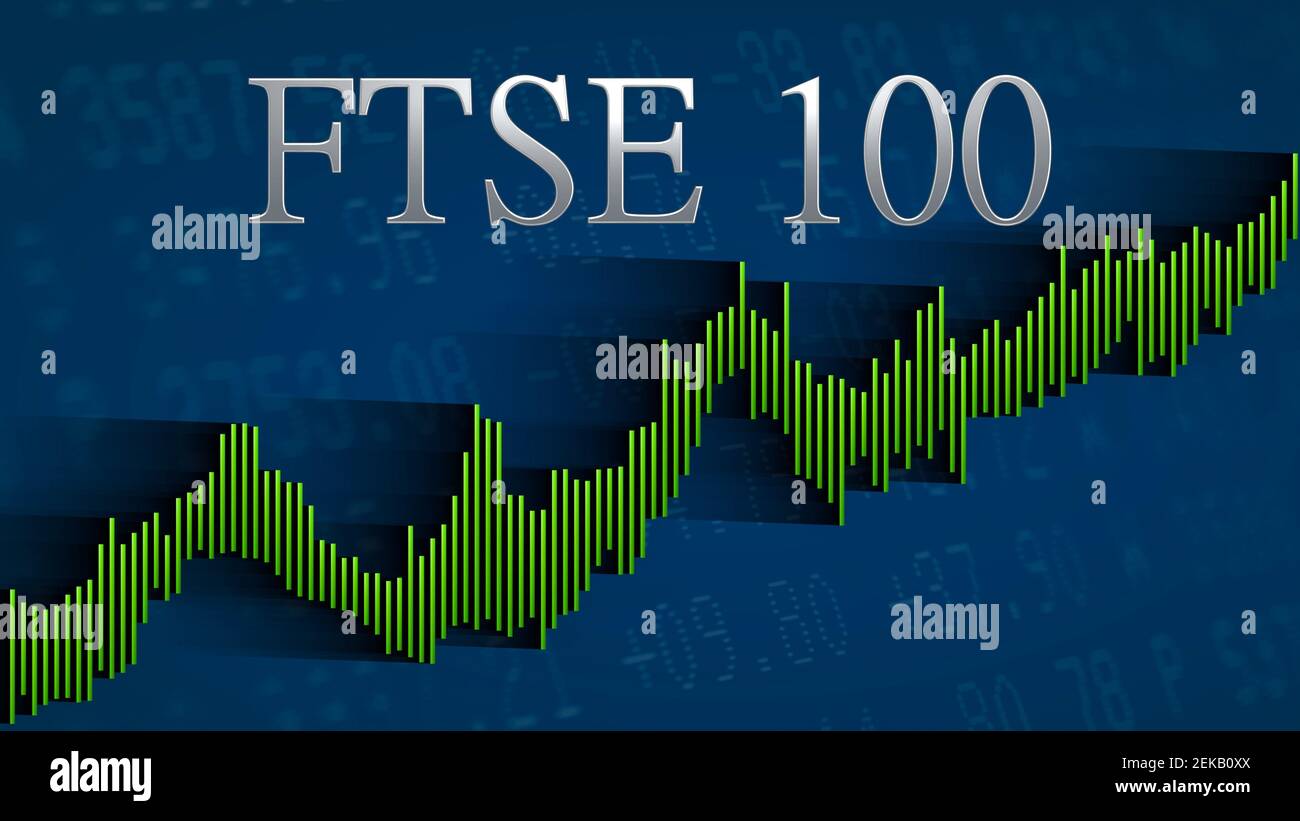
Daniel Wesonga
South African equities are vulnerable to ending the week with further volatility continuing Thursday’s trend, with the JSE FTSE Top 40 index slipping 0.33% to close at 85,595.72. The decline follows a strong rally earlier in the month, as investors shifted to profit-taking amid mounting fiscal concerns and increased political noise. Market breadth turned negative, with 13 of 20 sectors finishing lower. Electronic technology led the retreat, down 6.60%, while process industries and consumer durables declined 2.59% and 1.99%, respectively. Pockets of resilience were evident in industrial services, which rose 1.77%, alongside modest strength in energy minerals and transportation.
Large-cap financials underperformed, with Firstrand down 0.63%, while Capitec Bank Holdings and Standard Bank Group each declined 0.90%. Naspers slipped 0.03%, reflecting investor caution toward heavyweight stocks. However, Investec gained 3.76%, supported by a strong dividend announcement, while Anglo American Platinum rallied 5.35%, supported by improved commodity sentiment.
The cautious tone was reinforced by the release of Budget 3.0, which laid bare fiscal fragilities including a wider consolidated deficit of 4.8% of GDP and a debt-to-GDP ratio projected to peak at 77.4% in 2025/26. Efforts to close a ZAR 75 billion gap were met with scepticism, as new revenue measures such as a modest fuel levy increase and strengthened South African Revenue Service’s (SARS) enforcement appeared insufficient. Growth forecasts were lowered to 1.4%, while expenditure cuts totalling ZAR 69.4 billion, which could impact the economy. Although President Ramaphosa’s Washington visit offered diplomatic reprieve, equity market direction remains tethered to domestic policy clarity.
Wesonga is Senior Sales Manager at Pepperstone













